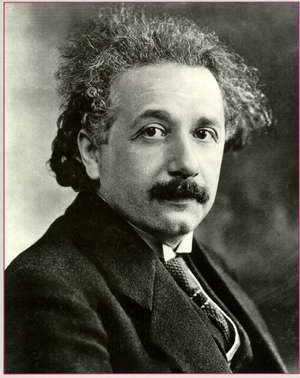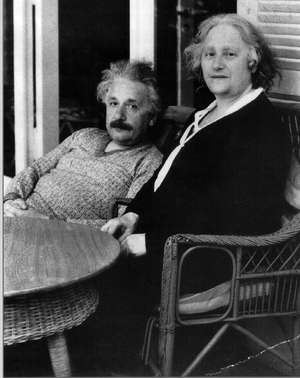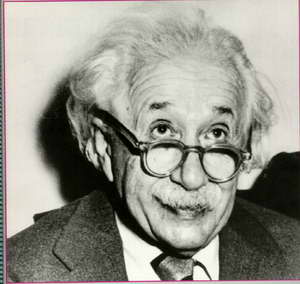| Back at the turn of the 18/19 century a university professor
challenged his students with this question: "Did God create everything
that exists?" A student bravely replied, "Yes, he
did!"
"God created everything?" The professor asked.
"Yes sir", the student replied.
The professor answered, "If God created everything, then
God created evil, since evil exists, and according to the principal
that our works define who we are, then God is evil".
The student became quiet before such an answer. The professor,
quite pleased with himself, boasted to the students that he had proven
once more that the Christian faith was a myth.
Another student raised his hand and said, "Can I ask you
a question professor?"
"Of course", replied the professor.
The student stood up and asked, "Professor, does cold exist?"
"What kind of question is this? Of course it exists. Have
you never been cold?" The students snickered at the young man's question.
The young man replied, "In fact sir, cold does not exist.
According to the laws of physics, what we consider cold is in reality
the absence of heat. Every body or object is susceptible to study when
it has or transmits energy, and heat is what makes a body or matter
have or transmit energy. Absolute zero (- 460 degrees F) is the total
absence of heat; all matter becomes inert and incapable of reaction
at that temperature. Cold does not exist. We have created this word
to describe how we feel if we have less heat that we are comfortable
with. It is a feeling we have interpreted from our internal sensors
showing we are uncomfortable. If we were truly cold, we would be in
no position to even discuss it."
The student continued, "Professor, does darkness exist?"
The professor responded, "Of course it does."
The student replied, "Once again you are wrong sir, darkness
does not exist either. Darkness is in reality the absence of light.
Light we can study, but not darkness. In fact we can use Newton's prism
to break white light into many colors and study the various wavelengths
of each color. You cannot measure darkness. A simple ray of light can
break into a world of darkness and illuminate it. How can you know how
dark a certain space is? You measure the amount of light present. Isn't
this correct? Darkness is a term used by man to describe what happens
when there is no light present."
Finally the young man asked the professor, "Sir, does evil
exist?"
Now uncertain, the professor still responded; "Of course
as I have already said. We see it every day. It is in the daily example
of man's inhumanity to man. It is in the multitude of crime and violence
everywhere in the world. These manifestations are nothing else but evil."
To this the student replied, "Evil does not exist sir, or
at least it does not exist unto itself. Evil is simply the absence of
God. It is just like darkness and cold, a word that man has created
to describe the absence of God. God did not create evil. Evil is not
like faith, or love that exist just as does light and heat. Evil is
the result of what happens when man does not have God's love present
in his heart. It's like the cold that comes when there is no heat or
the darkness that comes when there is no light."
The professor sat down.
The young man's name --- Albert Einstein
|




